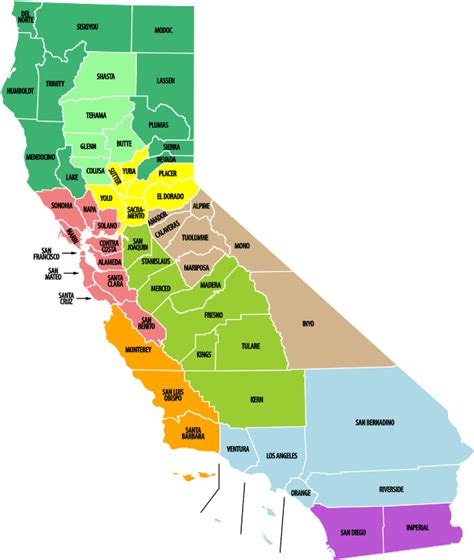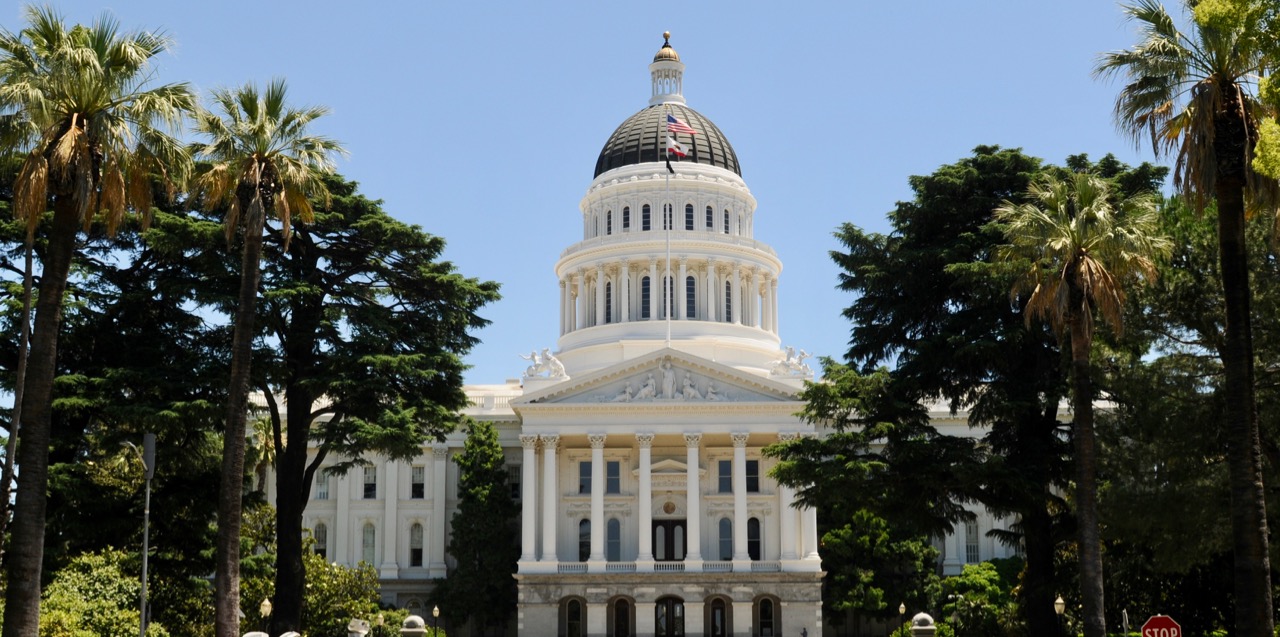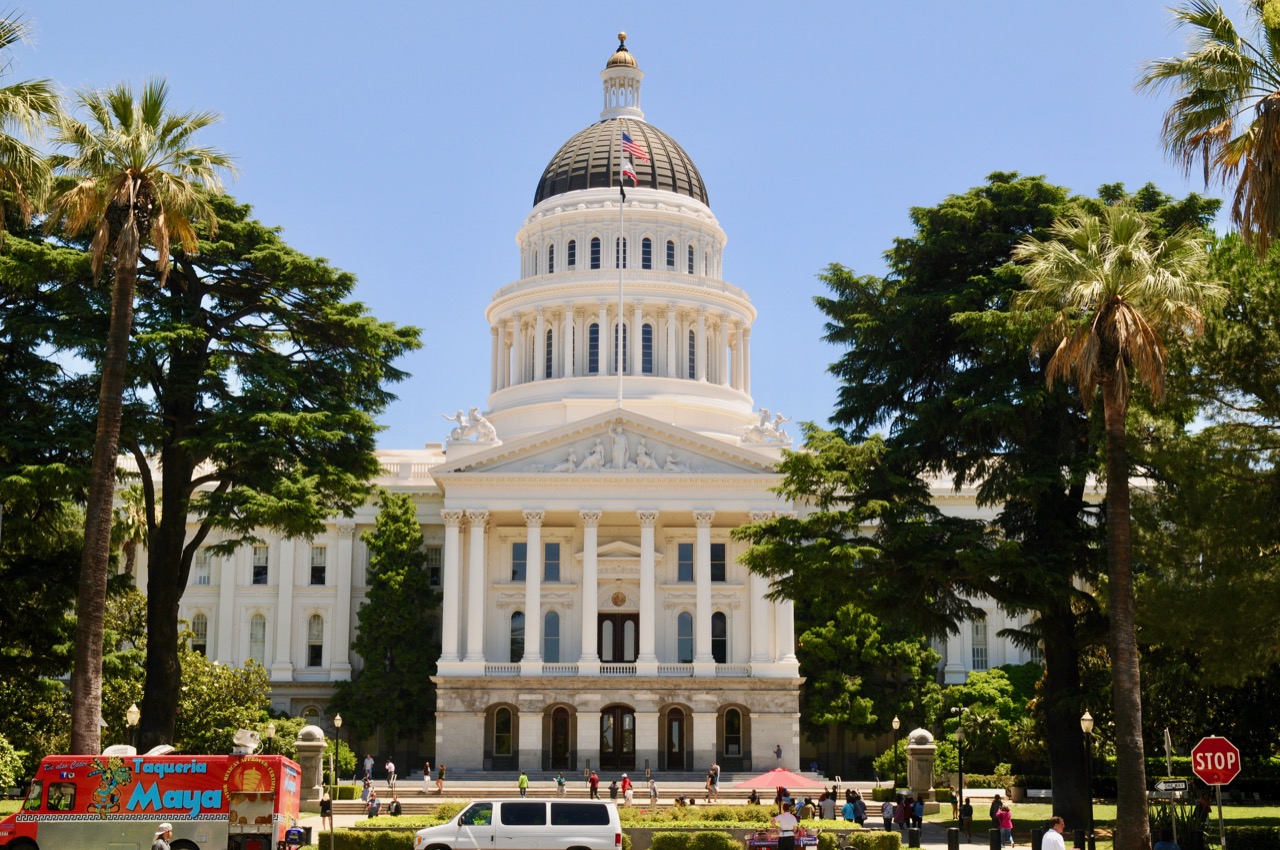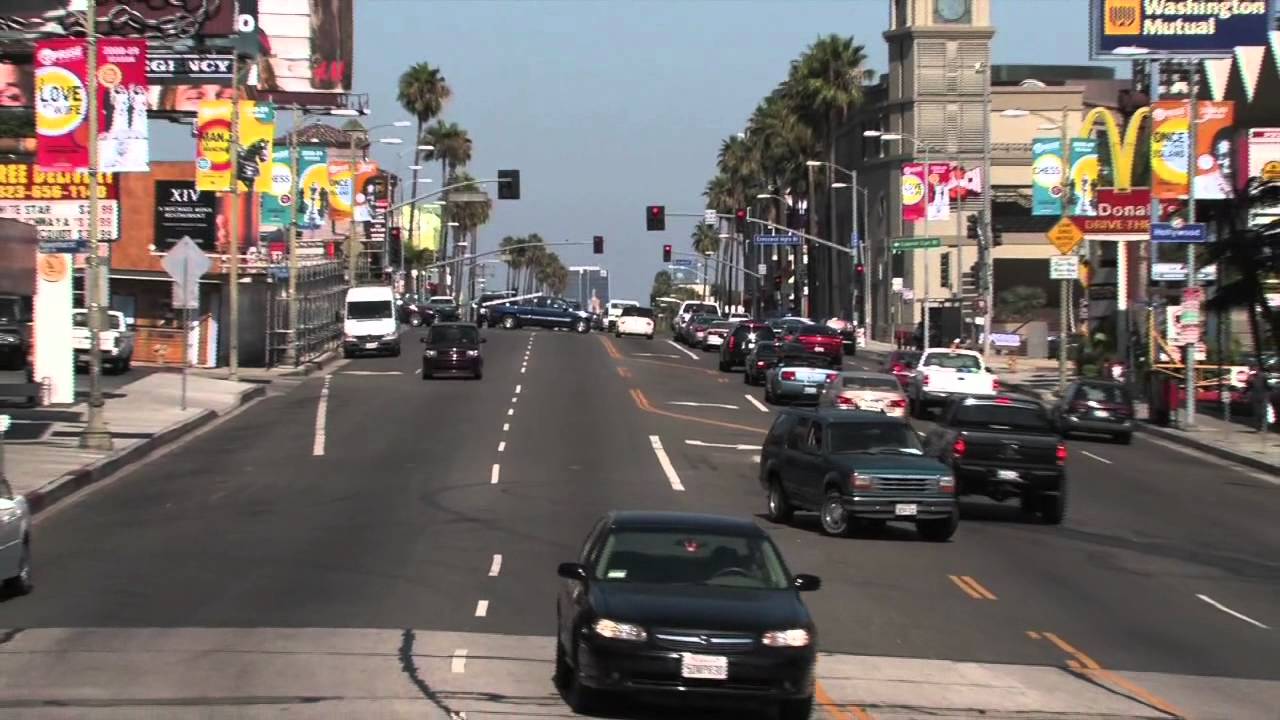
California economic regions map. (Photo: wikia.com)
California’s Economy is in Free Fall: Cities Hike Minimum Wage as Economy Falters
The entire notion that you can legislate how much an employer must pay an employee is naive
By Edward Ring, April 9, 2020 2:36 am
Until further notice, California’s economy is in free fall. As of April 6, California’s Employment Development Department reported receiving 1.9 million new unemployment insurance claims within barely three weeks. As reported in the San Jose Mercury, during the entire 2008 Great Recession, only 2.2. million unemployment claims were submitted.
It’s impossible to know how long these unemployment claims will continue to surge, but with the latest reports indicating at least another month of social distancing, and possibly much longer, it’s a safe bet that far more than the Great Recession’s 2.2 million claims will be made this time.
As people stop working, and only travel to make purchases that are absolutely necessary – or turn to online purchasing even more than they already had – businesses lose revenue and have to layoff more employees. This cascading cycle of business slowdowns impacts the value of companies, the uncertainty affects stock values, and not only private companies but also the public sector is affected. Sales tax revenue plummets. Capital gains tax revenue plummets. Eventually, even property tax revenue could decline.
The most challenged of all private companies are the small businesses. These companies lack the financial resiliency to withstand a prolonged slowdown or shutdown of their businesses. They lack the ranks of paid staff who are expert in submitting applications for grants and waivers and subsidies. The impact of a faltering economy, as it is, will be to destroy thousands of small companies. While large corporations will suffer, this economic crisis also gives them the opportunity to buy the assets of failed small companies at fire sale prices.
One way to assist small companies would be to suspend the local minimum wage ordinances that have already challenged the ability of small businesses to survive. Already, California state law puts California’s minimum wage ahead of nearly every state. On the chart shown below, only Washington State’s minimum wage exceeds California’s, and that is set to change in January 2021 when California’s minimum goes up to $14/hour.
Proponents of minimum wage laws cite studies that claim increasing the minimum wage benefits workers and the economy. But these studies come out of liberal bastions such as UC Berkeley’s Institute for Research on Labor and Employment, or (also from UC Berkeley) the Center on Wage and Employment Dynamics, or UCLA’s Anderson School of Management. And while these studies make some valid arguments, they don’t sufficiently account for the disparity between how large companies cope with minimum wage laws vs. the effect these laws have on small companies.
To restore balance to the minimum wage debate, it might be worthwhile to review competing analyses from the American Enterprise Institute, CATO, or the Reason Foundation. These libertarian think tanks muster equally qualified economists who argue that minimum wage laws harm the economy and disproportionately harm small businesses and low income workers.
One might also simply bring common sense to bear on the question of minimum wage laws, and ask one question: Who wins and who loses? Big corporations win. Small businesses lose.
In recognition of this common sense fact, many California cities – while still wishing to outdo the state in “protecting” workers by passing minimum wage laws even higher than the California state minimum wage – have adopted two-tiers. These two-tiered ordinances provide an advantage to small businesses, usually those with 25 or fewer employees, by requiring a lower minimum wage than what is applied to the larger firms. With the assistance of Marc Joffe from the Reason Foundation, reviewing compiled data from UC Berkeley and checking the websites of local city governments, here is a list of California cities with minimum wages higher than $13.00 per hour:
Reviewing this list, one may wonder: How many taquerias are left in Sunnyvale, apart from mom and pop joints where there are no employees, only family members? Or, equally salient, how many small businesses survive by paying employees under the table?
The entire notion that you can legislate how much an employer must pay an employee is naive. Would any shop, located in, say, Sunnyvale, that required a certain level of skill from its employees ever give an entry level, unskilled worker a chance at employment? Of course not. If you’re going to pay someone $16.05 per hour, they’d better know what they’re doing. More likely, unfortunately, those shops in Sunnyvale and elsewhere have departed for other cities, or other states.
We’ve heard all this before. But during what is certain to be tough economic times, local elected officials need to hear it again. Several of the cities on the above list have already baked into their minimum wage ordinances a further increase to take place on July 1st, or at the beginning of next year. At the least, they might suspend these scheduled increases.
A fascinating paradox is that many of the same leftist economists who support minimum wage laws are also supportive of “free” trade – i.e., exporting jobs to Chinese slave shops – as well they are typically supportive of “free movement of peoples” – i.e., importing workers who will drive down the price of labor. Their solution to income inequality is to redistribute wealth, as if that remedy, however problematic, wouldn’t be more effective if there was a tighter labor market.
In a strong economy, high cost communities may be able to impose higher minimum wages without too much impact on unemployment rates. But for the foreseeable future we no longer have a strong economy. To make sure that as many of our neighbors can get back to work after the shelter-at-home order is modified, we will have to live without certain luxuries: the local minimum wage is one such unaffordable luxury.
- Ringside: Large Scale Desalination Belongs in California’s Water Strategy - February 12, 2026
- Governor Newsom: Turn Up the Delta Pumps! - February 11, 2026
- Ringside: Can California’s Oil Industry Survive? - February 5, 2026







$16.05 comes out to like $32,000/year. That not even enough to rent a shoebox in Sunnyvale, let alone eat. You minimum wage haters think you’re so brilliant and superior to low-wage workers yet you can’t even grasp the simple concept of cost of living differences.
If the vast majority of minimum wage workers were white males, I guarantee you wouldn’t have a problem with minimum wage increases. But since most are women and minorities, they’re written off as “unskilled.” In reality, you wouldn’t last one day in the shoes of a minimum wage worker. So get off your high horse and start showing some gratitude to all the low-wage workers who make your life comfortable. Bigot.
California destroyed manufacturing and fossil fuel development….the dirty industrial revolution replaced by manicured young workers in smocks selling latte’s and potted plants…
The service industry has low annual productivity gains, so wage increases are economically unrealistic….slow death businesses…as other operating costs just keep on going up.
now pandemic…..how on earth are service businesses going to reopen without investment capital and facing the burden of a mandated labor cost structure that doesn’t match a 50 cents per grande Folgers or Kroger coffee affordability….
answer, run a loon for President promising cancelled student debt, a real living wage and a tomahawk steak on every plate…
Well reasoned.
No, John, you are the “bigot.” Who do you think loses their jobs when the minimum wage is set too high to hire unskilled workers? And how creepy of you to think that the writer would think differently if the majority of minimum wage workers were white. Your obsession with race and gender – “since most are women and minorities” – is the kind of race and gender baiting bull5h!t that prevents you and everyone like you from seeing what’s really going on: Huge corporations are using this crisis to kill off what remains of small businesses in America, California in particular. So you can get off YOUR high horse. Dupe.
Your apparent inability to understand the rather simple and easy-to-understand arguments that explain why the minimum wage is a very bad idea and actually hurts the very people it purports to help only serves to tell most readers here everything they need to know about your position and stake in this. So go ahead and call people “bigots” all you want but I don’t think it’s working this time.
This is a serious, objective and critical discussion. Please stop with the insults and contribute critical thinking. If you live here (and not) you are affected so you want the best outcome over rants. Otherwise you are objectively speaking part of the problem. I feel your passion but not your expression this is grown folks business and now EVERYONE has literal and figurative “zkin in the game”.
Lovely….all those beautiful ala carte $15.00 burger signs adjacent to bright yellow eviction notices….And….. former employees out and about selling $2.00 apples in the streets…..
What went/ did go wrong?
As a consumer, I have experienced the rise in minimum wage in my wallet.
I simply don’t eat out anymore. I drive less, I cut back on all spending, and I even stopped giving to environmental and social justice groups 100%.
I shop walmart for food and arco for gas. I also canceled cable and all non essential costs, my gardener, pool guy and house keeper are gone. Last but not not least when my puggle Matie passes, I will not be replacing her. So far I’m actually doing better than before the MW was raised.